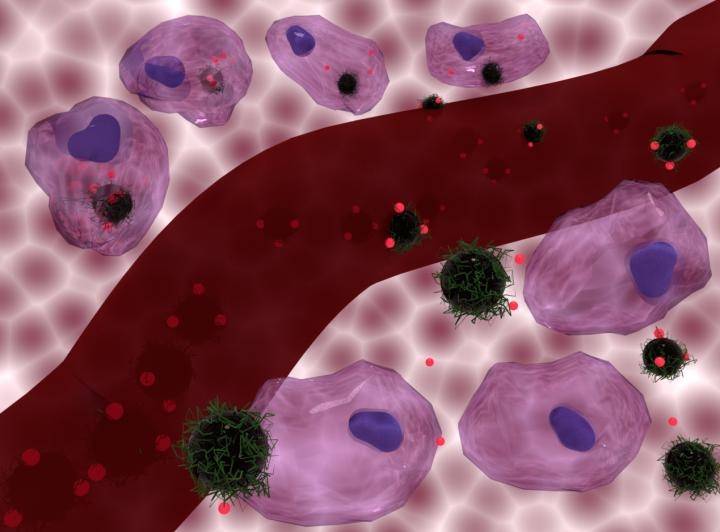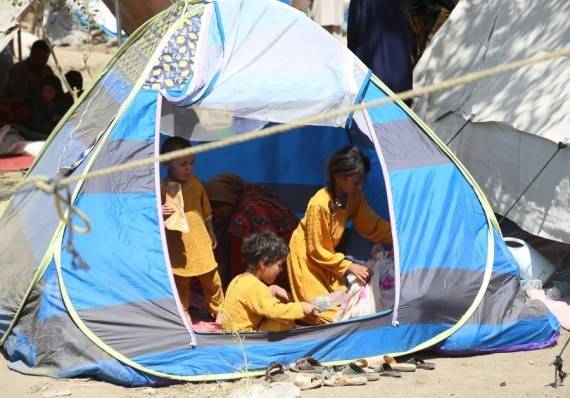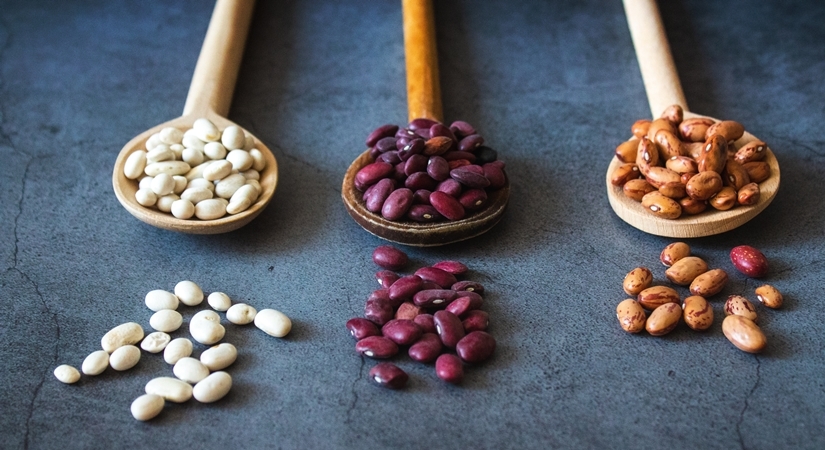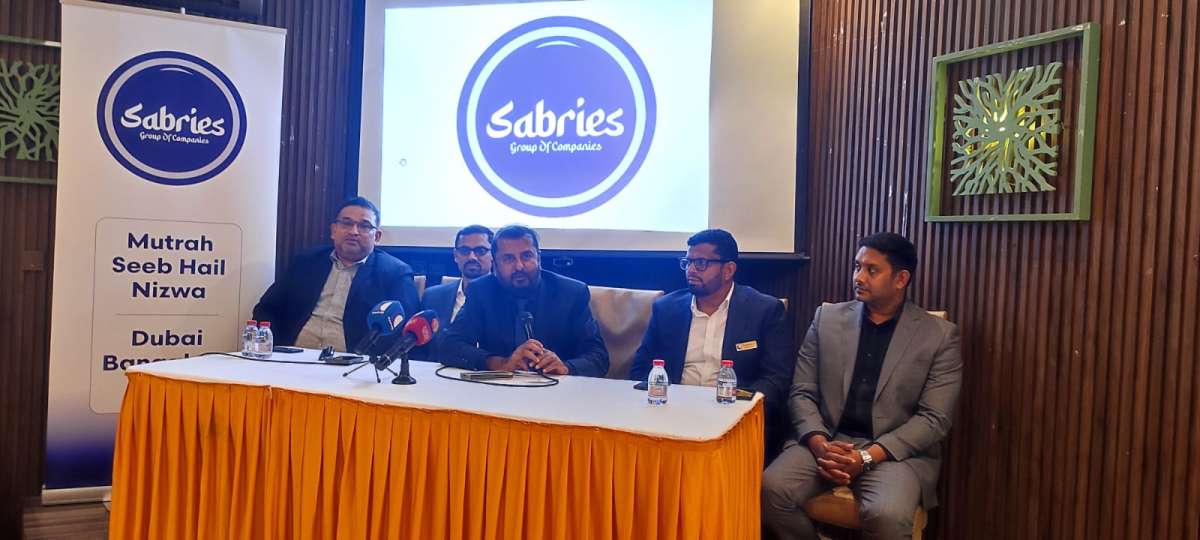This is a breakthrough because it is an energy-efficient fuel, which can help carry additional payloads/satellites into orbit as it is significantly lightweight…writes Ganesh Bhatt
The Indian Institutes of Technology, Gandhinagar (IIT-GN) has discovered a molecule which can completely reduce prostate cancer in just 50 days.
IIT-GN Director Sudhir Kumar Jain, who has now been appointed Vice Chancellor of the Banaras Hindu University (BHU), spoke at length on topics related to the varsity and the institute. Excerpts of interview:
How research and innovations at IIT Gandhinagar make common people’s life easier and more convenient?
A team of our IIT has discovered a new molecule called ‘J54’, which has shown great potency to completely reduce tumour (prostate cancer) in just 50 days. One of our PhD alumna and her supervising faculty developed a non-electric and affordable water purification system, which can remove more than 99 per cent of bacteria. It can be very useful in underdeveloped and remote areas where potable water is scarce. Another team of researchers has invented a Virtual Reality (VR) based treadmill exercise platform to prevent the risk of fatal accidents because of over-exercising.

You are the new VC of BHU, How do you see this role?
I am exceedingly proud to be associated with BHU, which is an institution of remarkable legacy, reputation and scale. I am looking forward to working with students and colleagues to drive BHU to ever greater heights and propel it into the leagues of the world’s most prestigious universities. I also hope to engage and partner with its large network of illustrious alumni and well-wishers for BHU’s advancement and rejuvenation.
What are the most ambitious plans of IIT-GN?
We are working with C-DAC for installation of a 650 TF Super Computing System at the Institute under the National Supercomputing Mission.
Has IIT-GN done any research or innovation to fight against corona?
We have developed an unique anti-viral surface coating material that is highly effective on non-pathogenic viruses. The team is in the process of testing the coating against coronavirus. After one-time coating, it keeps away viruses for many days.
Another team developed a “COVID-19 Dashboard” that can help in containing community infections. Another team developed an Artificial Intelligence-based deep learning tool for detection of Covid-19 from Chest X-ray images, which can be used for quick preliminary diagnosis before a medical test.
What are the big achievements of IIT-GN?
We are one of the most globalised campuses in the country. Eighty-five per cent of our faculty received their degree or have postdoctoral experience from overseas institutions; more than 40 per cent of our undergraduate students have studied abroad, Ten per cent of faculty has multi-discipline appointments, nearly 14 per cent of PhD advisors at IIT-GN are from outside the discipline, 13 per cent of our research publications have interdisciplinary authors, and nearly 21 per cent of projects have multidisciplinary PIs and Co-PIs.
How corona and lockdown affected functioning of the institute?
Much like the rest of the world, the pandemic was extremely disruptive to our operations. However, we implemented stringent safety protocols and presently almost all community members are fully vaccinated. Most of our students are back on campus. We are shifting to fully in-person education in January.
What is IIT-GN doing to make India ‘aatmanirbhar’?
On the research front, apart from the examples I have already mentioned, a research team recently developed a new class of boron-based nano-additives for fuels used in space and defence applications. This is a breakthrough because it is an energy-efficient fuel, which can help carry additional payloads/satellites into orbit as it is significantly lightweight.

Many of our students have opted for entrepreneurship and founded startups early in their careers in the areas such as Ground Penetrating Radar (GPR) technology, 3D concrete printing technology, FinTech, fibre-optic sensor technology, and so on. We have established an incubation centre, IIT Gandhinagar Innovation and Entrepreneurship Centre (IIEC), which promotes innovation, entrepreneurship, and technology commercialisation activities.
Has IIT-GN done any big international collaboration, if yes then for what?
Our international collaborations are spread across more than 40 universities, industries and R&D organisations around the world, including the US, Canada, the UK, Germany, France, Israel, Japan, Italy, South Korea, and others, for student and faculty exchanges, as well as research collaborations. Internationalisation is woven throughout the academic experience at IITGN. Between 10 to 15 per cent of our faculty at any point is visiting faculty, principally from abroad.
ALSO READ-EC to discuss Covid situation with top health officials












